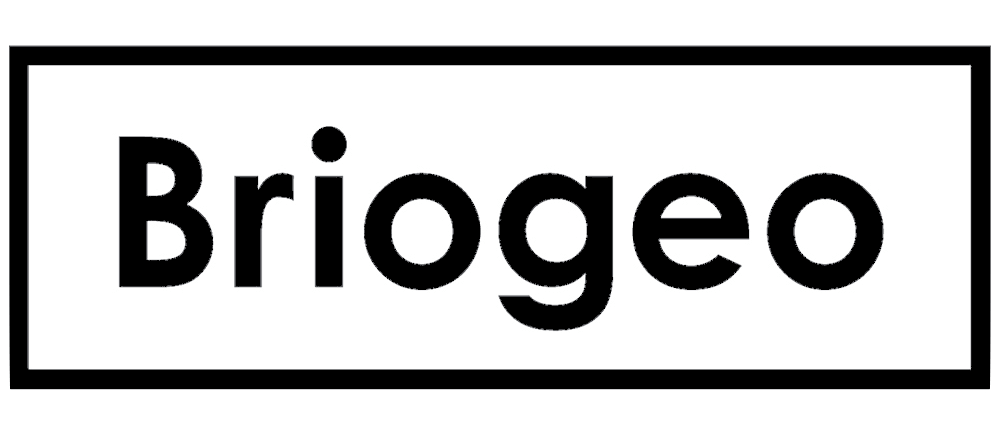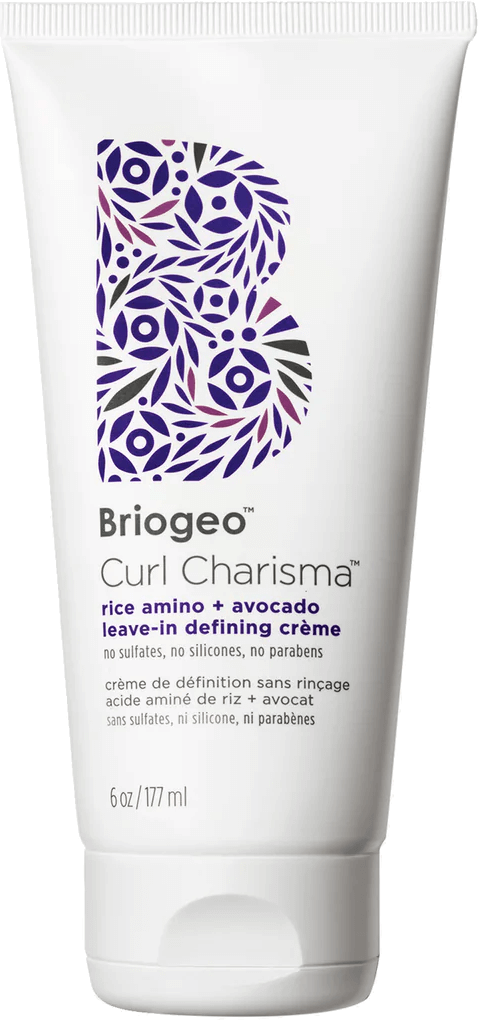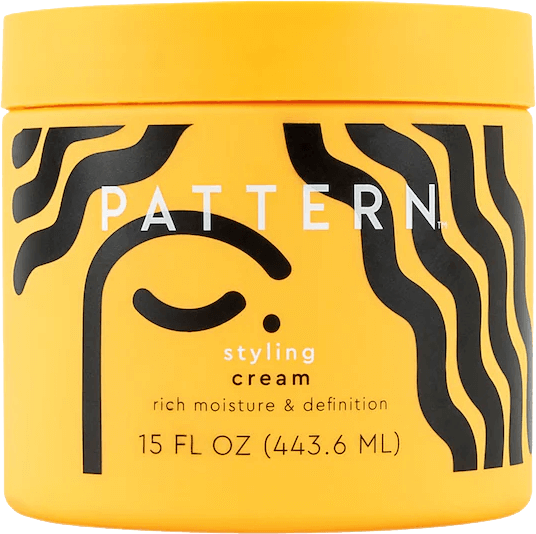Frequently Asked Questions
Curly hair has a unique structure and texture, which often makes it more susceptible to dryness, frizz, and breakage. Products formulated specifically for curly hair address these unique needs by providing the necessary hydration, nutrients, and protection. They work to enhance the natural curl pattern, reduce frizz, and ensure that curls remain well-defined and bouncy.
Begin by identifying your specific curl type, as this can guide you towards the most suitable products. For instance, wavy hair (Type 2) might benefit from lightweight creams and mousses, while coily hair (Type 4) often requires richer, more hydrating products like butters and oils. Reading product labels, consulting with a curly hair specialist, or seeking recommendations from others with similar curl patterns can also be invaluable.
Yes, for many with curly hair, sulfate-free shampoos are highly recommended. Sulfates, commonly found in many traditional shampoos, are effective cleansers but can be overly drying. Curly hair naturally tends to be drier than straight hair, and sulfates can strip away essential oils, exacerbating this dryness. Sulfate-free shampoos cleanse the hair and scalp without removing these vital oils, ensuring that the hair remains moisturized and healthy.
A Comprehensive Buying Guide for Curly Hair Products
Curly hair exudes beauty and individuality, but it can also bring its fair share of challenges. With the right set of products, however, you can manage, define, and accentuate those enviable curls with ease. If you're navigating the often overwhelming world of curly hair care, this buying guide is tailored just for you.
Understanding Your Curl Type:
The first step in your curly hair journey is to classify your curl type. Every curl has its distinct pattern, and recognizing it can help in picking the most suitable products.
-
Type 2 (Wavy): These are soft, S-shaped waves that sit close to the scalp. Unlike tight curls, they have a gentle curve and can range from loose to more defined waves.
-
Type 3 (Curly): Think of springy curls that have a clear corkscrew pattern. These curls are well-defined and can range from loose, buoyant loops to tighter, more compact shapes.
-
Type 4 (Coily): This type consists of curls so tight they might seem more like coils or zig-zags. They’re dense, spongy, and can shrink significantly when dry.
Choosing the Right Shampoo and Conditioner:
Shampooing and conditioning are the foundational steps of hair care. For curly hair:
-
Opt for a sulfate-free shampoo. Sulfates, commonly found in many shampoos, can be overly drying, stripping curly hair of the natural oils it desperately needs.
-
Deep conditioners are your best friends. Given its natural tendency to dry out, curly hair often thirsts for that extra moisture. A good deep conditioner, used once or twice a week, can make a substantial difference.
Navigating Styling Products:
Styling products can either make or break your curls.
-
Curl creams are fantastic for sculpting and shaping those curls, ensuring they hold their pattern throughout the day.
-
Gels aren’t just for creating a wet look. They’re also pivotal in holding curls in place, especially in challenging conditions like high humidity.
-
If you desire volume without the heaviness, mousse is the way to go. It’s light, airy, and can give your curls a beautiful lift.
-
Serums offer a finishing touch, adding a layer of shine and reducing any pesky flyaways.
-
Leave-in conditioners aren’t just about moisture; they also assist in detangling, making hair management a breeze.
Special Treatments and Considerations:
Sometimes curly hair demands a bit more:
-
Hair oils, such as argan or coconut oil, lock in moisture and act as a protective barrier.
-
Protein treatments can be beneficial, fortifying the hair strands. However, moderation is key. Overdoing protein treatments can result in brittle hair.
-
Clarifying shampoos are designed to deep clean and remove any residual product build-up. Using them once a month is usually sufficient.
The Importance of Ingredients:
Your hair product labels matter.
-
Seek out products rich in natural oils, butters, aloe vera, glycerin, and proteins. These ingredients typically nourish and protect.
-
On the other hand, try to sidestep products laden with sulfates, parabens, alcohols (especially when listed as primary ingredients), and mineral oils. These can be drying and damaging in the long run.
Essential Tools for Curly Hair:
The right tools can make all the difference:
-
A wide-toothed comb ensures minimal breakage while detangling.
-
A diffuser attachment for your hair dryer ensures that the heat spreads evenly, reducing frizz and maintaining your curl's natural shape.
-
Believe it or not, a simple microfiber towel or even a cotton t-shirt can be more effective than traditional towels in drying curly hair without inducing frizz.
Do Your Research:
Always peruse product reviews. Fellow curly-haired individuals can offer valuable insights and might share your hair concerns and goals. Try to find reviewers who have a similar curl type to yours for the most applicable feedback.
The Trial and Error Phase:
Remember, curly hair is as individual as fingerprints. What works wonders for one person might not for another. It might be a good idea to start with sample or travel sizes to test a product’s compatibility with your hair.
Budget and Sustainability:
While investing in good hair care is commendable, there are excellent products available at every price point. Determine a budget to prevent overspending. Moreover, as a conscientious consumer, consider supporting brands that emphasize eco-friendly packaging, cruelty-free testing, and ethical sourcing.
In Conclusion:
The journey of caring for and embracing curly hair is unique, filled with its ups and downs. While the choices may seem endless and occasionally confusing, armed with the right knowledge, you can find your ideal regimen. Ultimately, the goal is healthy hair that you're proud to flaunt.










